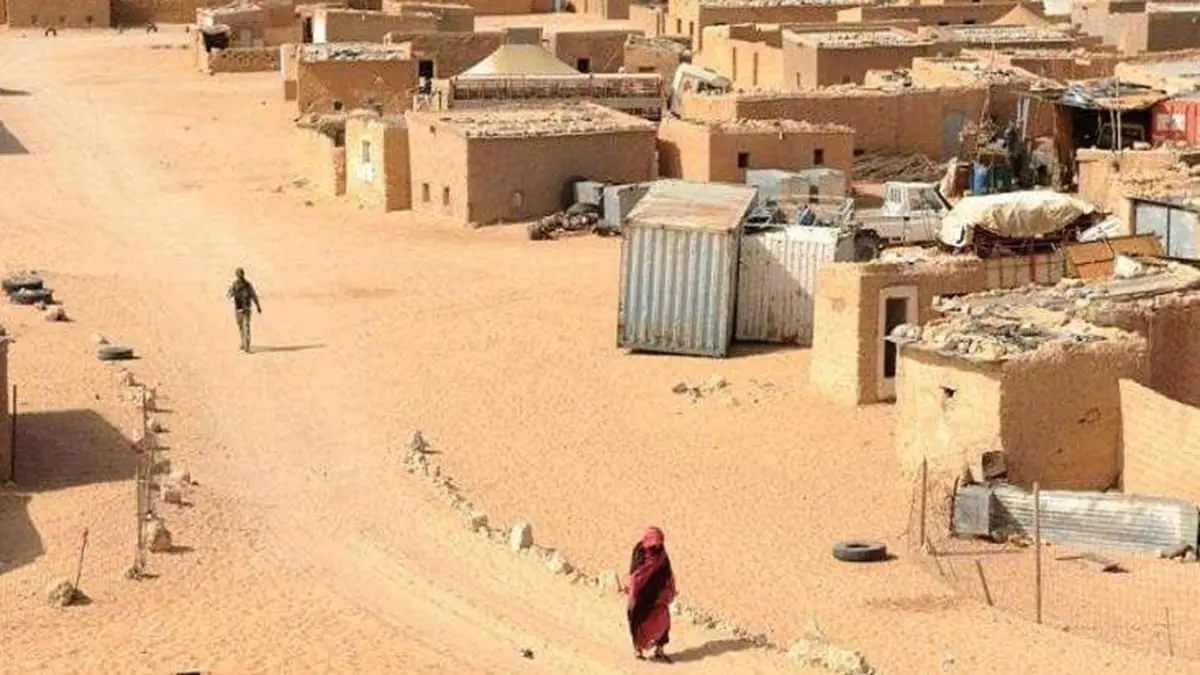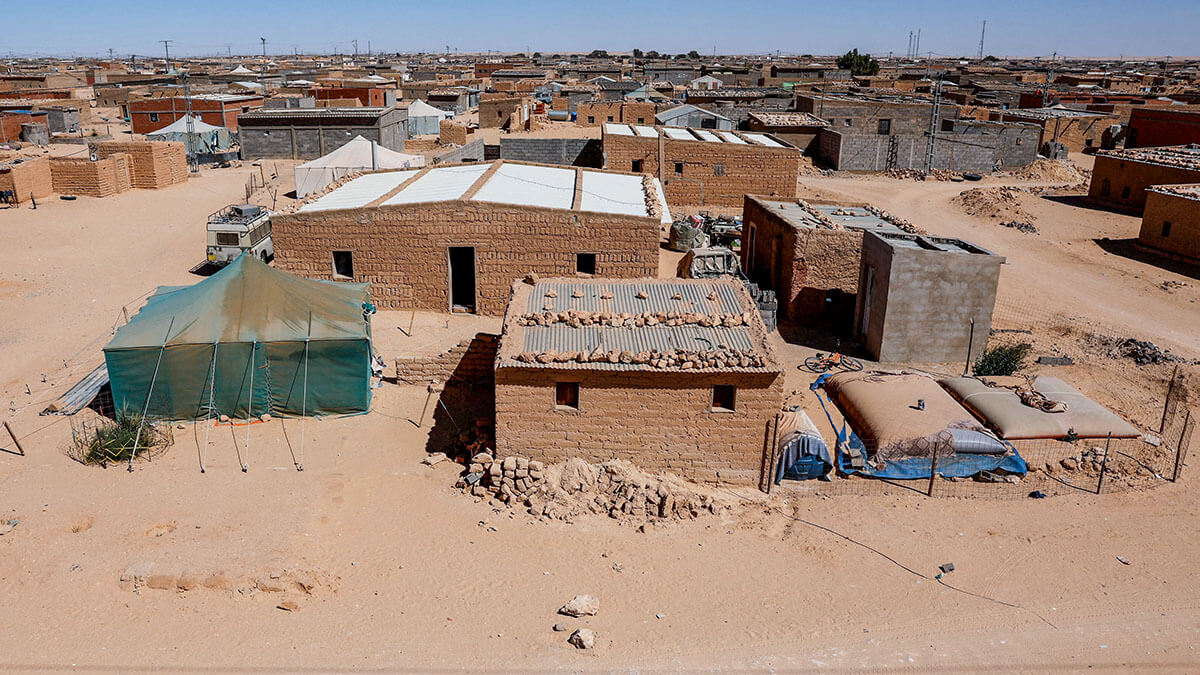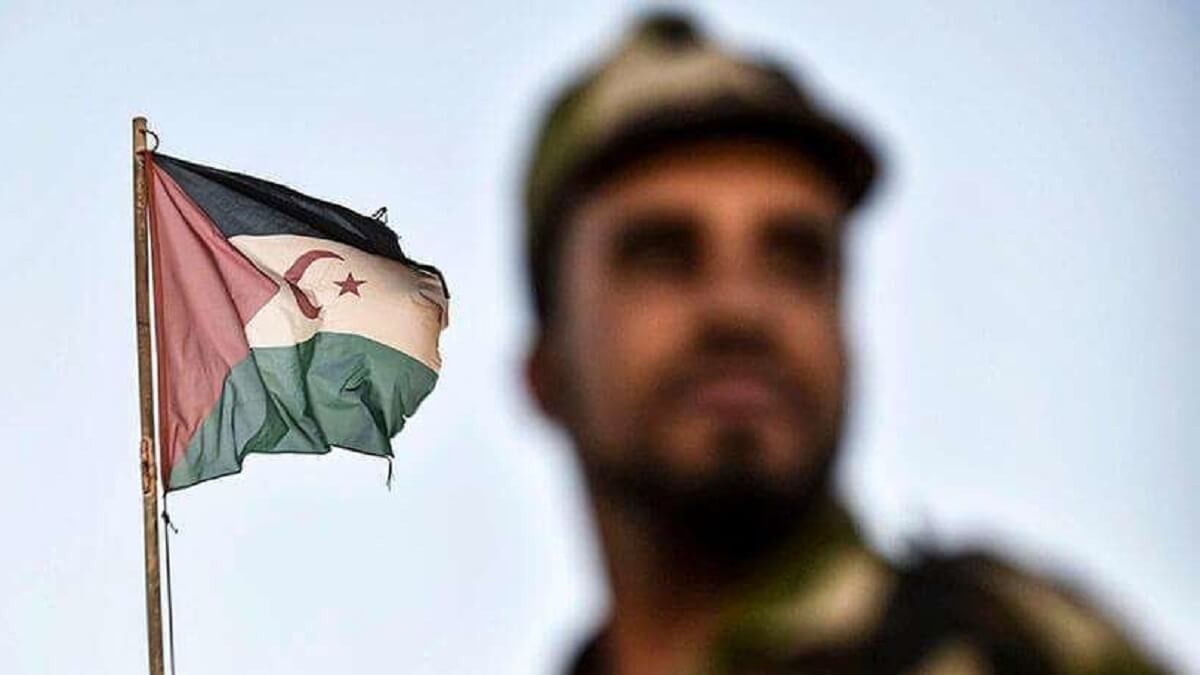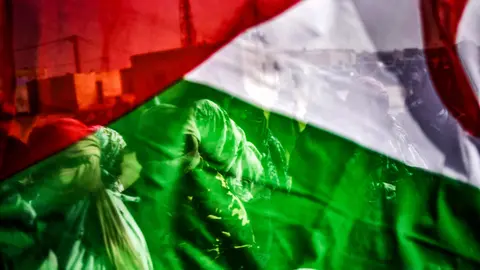International outcry against child recruitment in Tindouf

The international community has sounded the alarm over serious allegations of the forced recruitment of children in the Tindouf camps, located in south-western Algeria. Several human rights organisations have spoken out, demanding immediate action to stop these practices, which constitute flagrant violations of international conventions on children's rights.
According to Al-Arab, the African Organisation for Human Rights (AOHR) has strongly denounced the use of minors in armed conflicts, pointing out that these actions not only threaten the future of children, but also deprive them of basic rights such as education and the possibility of growing up in a safe environment. In a statement, the AOHR urged the international community, led by the United Nations and the African Union, to assume their responsibilities and to intervene urgently to stop these violations.
The recruitment of children in Tindouf is not a recent phenomenon. According to reports by the Independent Commission for Human Rights in Africa, fundamental rights in these camps are seriously violated, including restrictions on movement, social isolation and lack of access to educational and economic opportunities. In addition, it has been reported that the children are subjected to strict military and ideological indoctrination, being used as soldiers, spies, forced labourers and even human shields.
The International Research Centre on the Prevention of Child Soldiers has launched an urgent appeal from Geneva, demanding worldwide mobilisation to guarantee the safe return of minors forcibly recruited. In the same vein, the organisation ‘Hands Off My Child’ has condemned the exploitation of children in armed conflicts, pointing out that these practices constitute war crimes that should be tried before the International Criminal Court.

Figures such as Pedro Ignacio Altamirano, president of the Altamirano Foundation, have described the Tindouf camps as ‘illegal detention centres’, denouncing the inhumane conditions in which the minors live. Furthermore, Mohamed Salem Abdel Fattah, director of the Saharawi Observatory of Media and Human Rights, has warned about the forced indoctrination that children receive in the so-called ‘military schools’, where they are taught extremist ideologies and subjected to rigorous military training and severe punishments.
The seriousness of these accusations has led various NGOs to ask the UN Human Rights Council to open an independent investigation into the facts, and to demand that Algeria assume its responsibilities in the protection of human rights in the camps.

The situation of the children in Tindouf requires an urgent international response. It is not only a question of protecting children from violence and exploitation, but also of breaking the cycle of abuse that perpetuates violence in the region. The international community has a moral and legal duty to act immediately to ensure that these minors regain their right to a safe childhood, free from violence and with access to education and the hope of a better future.










